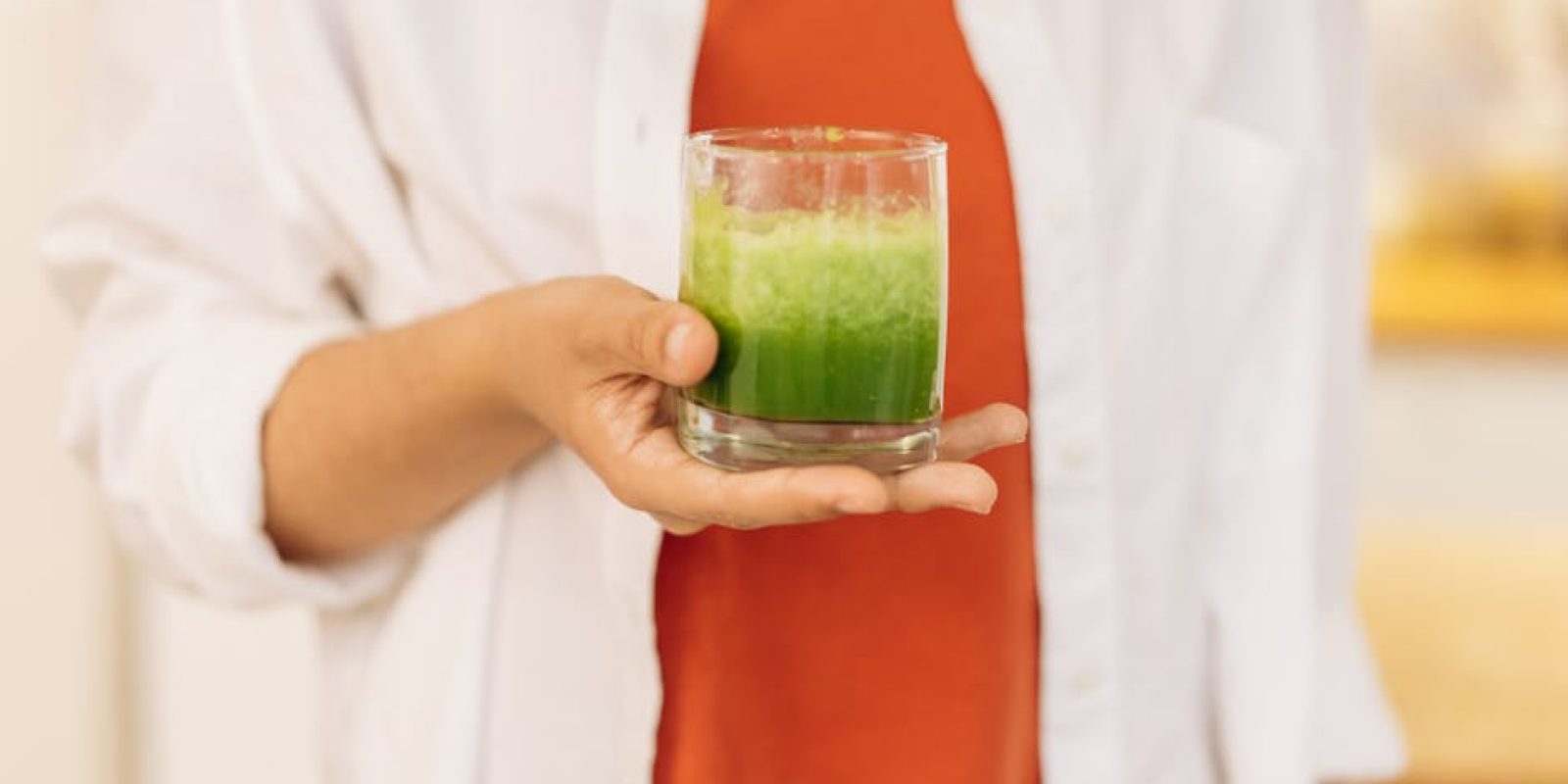The Role of Protein in Women’s Health
Protein is an essential macronutrient that plays a crucial role in the overall health and well-being of women. From building and repairing tissues to supporting immune function, protein is vital for various bodily functions. In this blog post, we’ll explore the importance of protein for women’s health, how much protein women need, and tips for incorporating more protein into your diet.
Why is Protein Important for Women’s Health?
Protein is composed of amino acids, which are the building blocks of muscle, skin, enzymes, and hormones. Here are some key reasons why protein is essential for women’s health:
1. Muscle Maintenance and Growth
Muscle mass naturally declines with age, especially after the age of 30. Adequate protein intake helps preserve muscle mass and strength, which is particularly important for women as they age. Studies have shown that higher protein intake can help prevent muscle loss and improve physical performance.
2. Weight Management
Protein can aid in weight management by promoting satiety and reducing appetite. High-protein diets have been shown to enhance feelings of fullness, which can lead to reduced calorie intake and weight loss. Additionally, protein has a higher thermic effect compared to fats and carbohydrates, meaning the body burns more calories while digesting it.
3. Bone Health
Women are at a higher risk of osteoporosis and bone fractures, especially post-menopause. Protein plays a critical role in maintaining bone density and strength. A diet rich in protein, along with adequate calcium and vitamin D, can help support healthy bones.
4. Hormonal Balance
Protein is essential for the production of hormones, including those that regulate menstrual cycles and reproductive health. Consuming enough protein can help maintain hormonal balance, which is crucial for overall health and well-being.
How Much Protein Do Women Need?
The recommended dietary allowance (RDA) for protein varies based on factors such as age, activity level, and overall health. On average, the RDA for protein is 46 grams per day for women over the age of 19. However, this amount may not be sufficient for everyone, especially those who are physically active or looking to build muscle.
A more tailored approach to protein intake involves calculating protein needs based on body weight. A common recommendation is to consume 0.8 to 1.2 grams of protein per kilogram of body weight. For example, a woman weighing 70 kilograms (154 pounds) may need between 56 and 84 grams of protein per day.
Best Sources of Protein for Women
Protein can be obtained from a variety of animal and plant-based sources. Here are some of the best protein-rich foods that can help meet your daily needs:
Animal-Based Protein Sources
1. Chicken Breast: A lean source of protein, chicken breast provides approximately 31 grams of protein per 100 grams.
2. Fish: Fish such as salmon, tuna, and cod are excellent sources of protein and also provide healthy omega-3 fatty acids.
3. Eggs: Eggs are a versatile and affordable source of high-quality protein, with around 6 grams of protein per large egg.
4. Greek Yogurt: Greek yogurt is rich in protein, with about 10 grams of protein per 100 grams. It also contains probiotics that support gut health.
Plant-Based Protein Sources
1. Lentils: Lentils are a great source of protein for vegetarians and vegans, providing around 9 grams of protein per 100 grams.
2. Quinoa: Quinoa is a complete protein, meaning it contains all nine essential amino acids. It offers about 4 grams of protein per 100 grams.
3. Chickpeas: Chickpeas, also known as garbanzo beans, provide about 19 grams of protein per 100 grams and are extremely versatile in recipes.
4. Tofu: Tofu is made from soybeans and contains around 8 grams of protein per 100 grams. It’s a popular choice for those following a plant-based diet.
Tips for Incorporating More Protein into Your Diet
Here are some actionable tips to help you increase your protein intake:
1. Start Your Day with Protein
Begin your day with a protein-rich breakfast to help keep you full and energized. Options include scrambled eggs, Greek yogurt with fruit, or a protein smoothie.
2. Include Protein in Every Meal
Make sure to include a source of protein in each meal. This could be a serving of lean meat, fish, beans, or dairy products. Balancing protein with complex carbohydrates and healthy fats can also help maintain stable blood sugar levels.
3. Snack on Protein-Rich Foods
Choose protein-rich snacks such as nuts, seeds, cheese, or hummus with vegetables. These snacks can help curb hunger and provide sustained energy throughout the day.
4. Experiment with Protein Supplements
If you’re struggling to meet your protein needs through food alone, consider incorporating protein supplements such as whey protein, plant-based protein powders, or protein bars. These can be a convenient way to boost your protein intake, especially for those with busy lifestyles.
Conclusion
Protein plays a vital role in women’s health, supporting muscle maintenance, weight management, bone health, and hormonal balance. By understanding your protein needs and incorporating a variety of protein-rich foods into your diet, you can enhance your overall health and well-being. Remember to listen to your body and consult with a healthcare professional or registered dietitian to determine the best protein intake for your individual needs.
By prioritizing protein in your diet, you can take a significant step towards achieving optimal health and vitality. So, start today and experience the numerous benefits that protein has to offer for women’s health!



